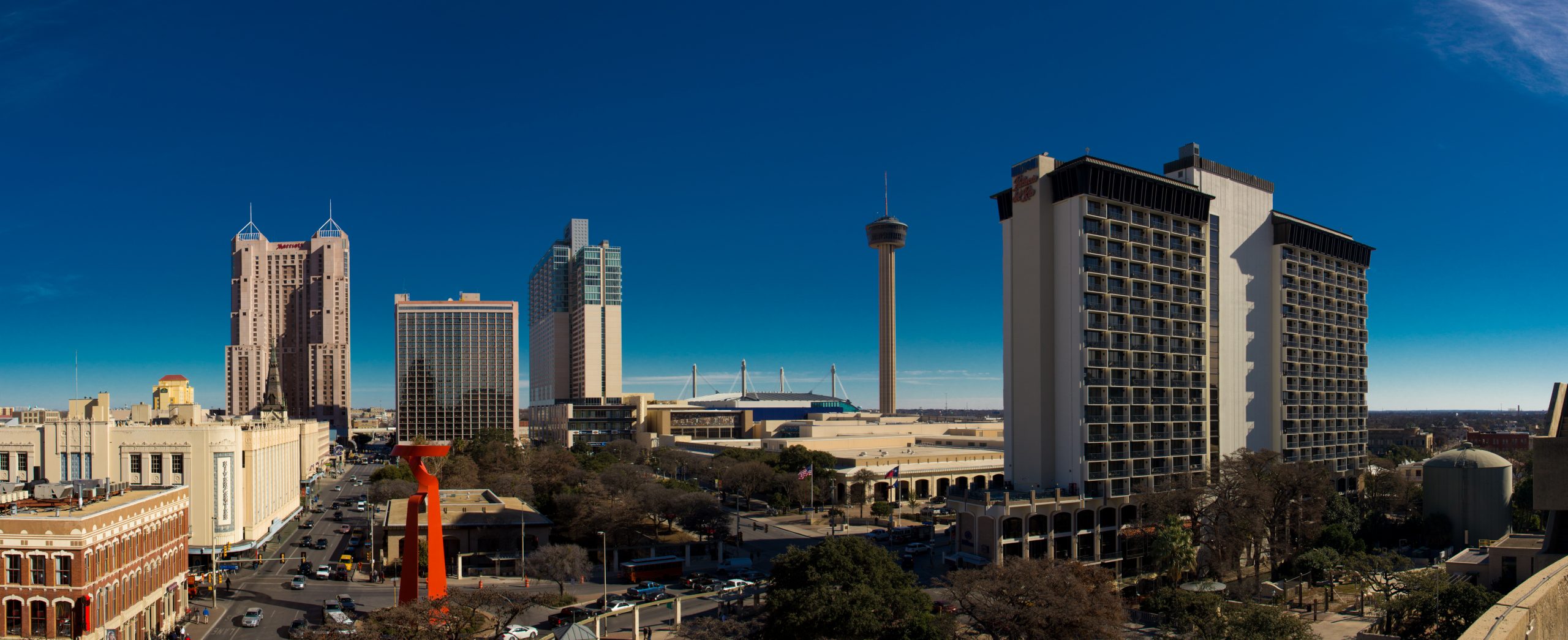Gina Ortiz Jones defeated Rolando Pablos 54.3% to 45.7% in the June 7, runoff election for mayor of San Antonio, Texas.
Ortiz Jones and Pablos advanced to the runoff from the nonpartisan general election on May 3. Ortiz Jones received 27.2% of the vote and Pablos received 16.6%. The two advanced to a runoff because neither received at least 50% of the vote.
Incumbent Ron Nirenberg, elected in June 2017, was term-limited. Though the office was nonpartisan, Nirenberg joined the Democratic Party in 2024 and was previously an independent. This was the city's first mayoral election in 16 years without an incumbent on the ballot.
The San Antonio Report's Andrea Drusch wrote, "The race to become San Antonio’s next mayor is headed toward a partisan showdown between one candidate loved by national Democratic Party leaders [Ortiz Jones] and another [Pablos] who has close ties to the Republicans who control every lever of power in Texas state government. ... Texas’ big city mayors have steadily become less progressive as traditional liberal incumbents termed out, and all eyes will be on San Antonio as Jones and Pablos face off in what is supposed to be a nonpartisan race." The runoff election did not feature any city council candidates. Drusch wrote, "Historically, San Antonio has shown preference for candidates with council experience. The city has elected just one mayor without it in 70 years — Phil Hardberger — making the dominance of City Hall outsiders in this race highly unusual."
Notable endorsements for Ortiz Jones included: former mayors Phil Hardberger and Julian Castro; congressmen Greg Casar (D) and Joaquin Castro (D); councilmembers Jalen McKee-Rodriguez, Phyllis Viagran, and Teri Castillo; and the American Federation of Labor-Congress of Industrial Organizations. The San Antonio Police Officers’ Association, former U.S. Rep. Will Hurd (R), and Gov. Greg Abbott (R)-affiliated PAC, The Texas Economic Fund, endorsed Pablos.
Ortiz Jones served as undersecretary of the Air Force (2021-2024) in the Biden administration. She said she would focus on working families and young people, and would "work to bring down costs where we can, make smart investments in our future, and respect taxpayers by increasing transparency around how tax dollars are spent." Pablos served as Texas secretary of state from 2017 to 2018. He said his priorities were public safety, better-paying jobs, small businesses, government accountability, and basic city services such as affordable utilities, walkable neighborhoods, and enhanced drainage systems and garbage collection.
Heading into the May 3 election, the San Antonio Report's Leigh Munsil said the new mayor and city council would need to navigate "multiple city-shaping economic development efforts like a downtown stadium for the Missions baseball team and a possible relocation of the Spurs to Hemisfair ... [as well as] challenges of housing affordability, public safety and infrastructure, to name a few."
As of June 2025, the partisan breakdown of the mayors of the 100 largest U.S. cities is 65 Democrats, 24 Republicans, one Libertarian, two independents, and four nonpartisans. Four mayors' partisan affiliations are unknown. Among the 10 largest cities in the U.S. (of which San Antonio is one), there were 9 Democratic and 1 Republican mayors.



